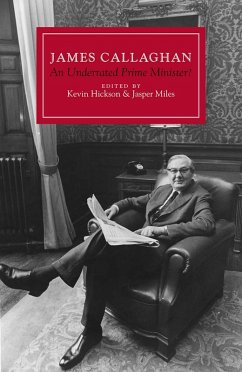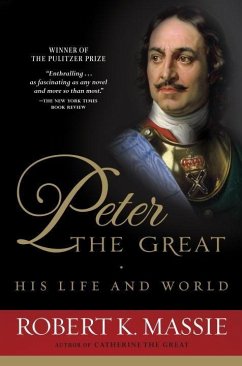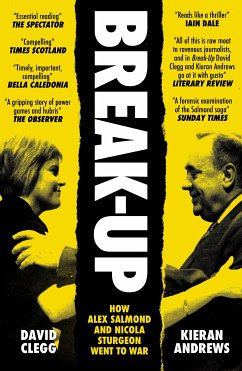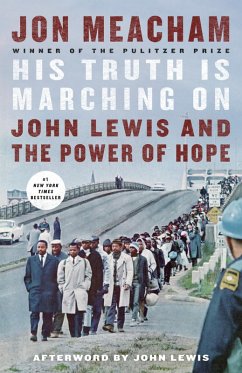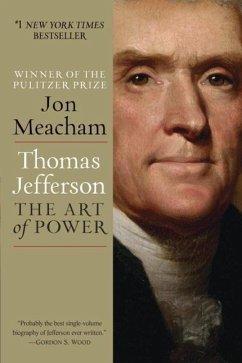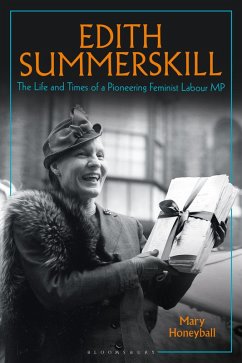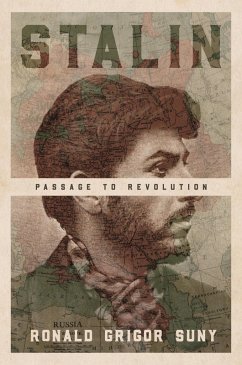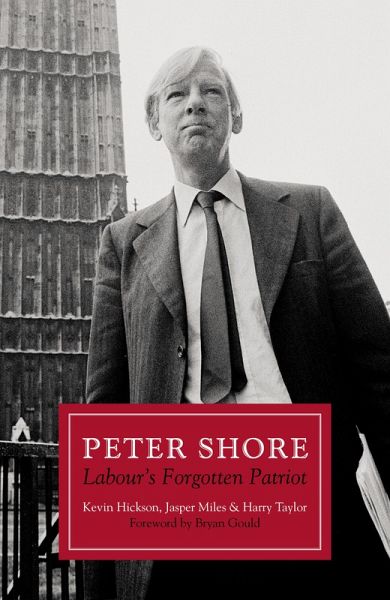
Peter Shore (eBook, ePUB)
Labour's Forgotten Patriot - Reappraising Peter Shore
Versandkostenfrei!
Sofort per Download lieferbar
19,99 €
inkl. MwSt.
Weitere Ausgaben:

PAYBACK Punkte
0 °P sammeln!
Peter Shore worked under Hugh Gaitskell, serving in successive Labour Cabinets under first Harold Wilson and subsequently James Callaghan. He wrote the 1964, 1966 and 1970 general election manifestos for the party and stood in both the 1980 and the 1983 party leadership elections. He would go on to be known as one of the Labour Party's most important thinkers. He had a long political career at the upper levels of the Labour Party and was close to successive leaders. Despite this, he was also independent minded, as evidenced by the 1976 IMF crisis and his long-standing opposition to European in...
Peter Shore worked under Hugh Gaitskell, serving in successive Labour Cabinets under first Harold Wilson and subsequently James Callaghan. He wrote the 1964, 1966 and 1970 general election manifestos for the party and stood in both the 1980 and the 1983 party leadership elections. He would go on to be known as one of the Labour Party's most important thinkers. He had a long political career at the upper levels of the Labour Party and was close to successive leaders. Despite this, he was also independent minded, as evidenced by the 1976 IMF crisis and his long-standing opposition to European integration. As well as this key debate, the authors also address crucial issues within the Labour movement, from macroeconomic management to the extent to which the party can be a force for socialism. This remarkable new study offers a comprehensive and timely reappraisal of the man and his record, examining the context within which he operated, his approach and responses to changing social and economic norms, his opposition to Britain's membership of what is now the EU, and how he was viewed by peers from across the political spectrum. Finally, it examines the overall impact of Peter Shore on the development of British politics. With contributions from leading experts in the fields of political theory, and from Shore's own contemporaries, this book is an important new assessment of one of Labour's most interesting political thinkers in twentieth-century British politics.
Dieser Download kann aus rechtlichen Gründen nur mit Rechnungsadresse in A, B, BG, CY, CZ, D, DK, EW, E, FIN, F, GR, H, IRL, I, LT, L, LR, M, NL, PL, P, R, S, SLO, SK ausgeliefert werden.




